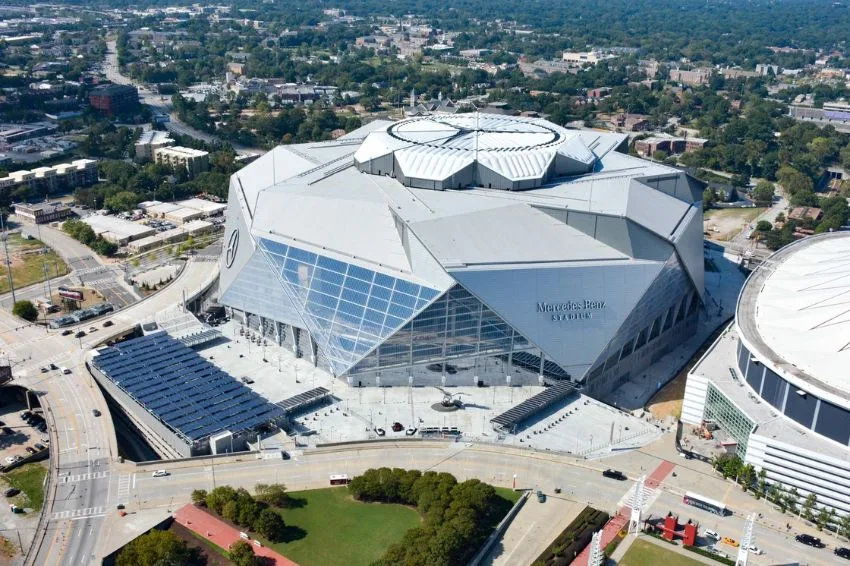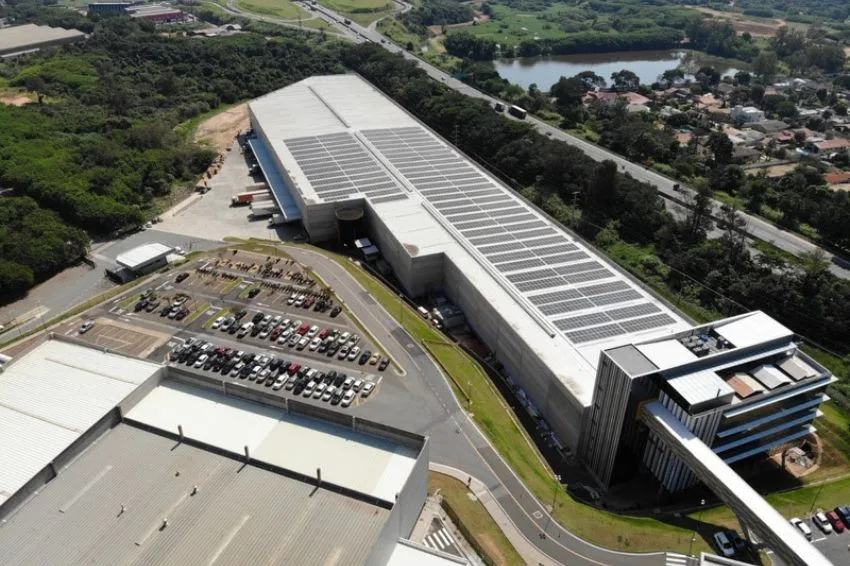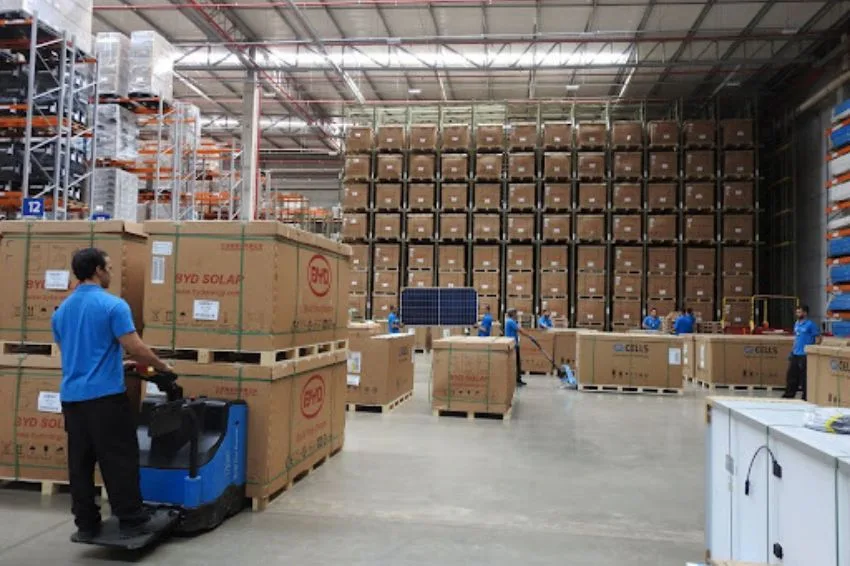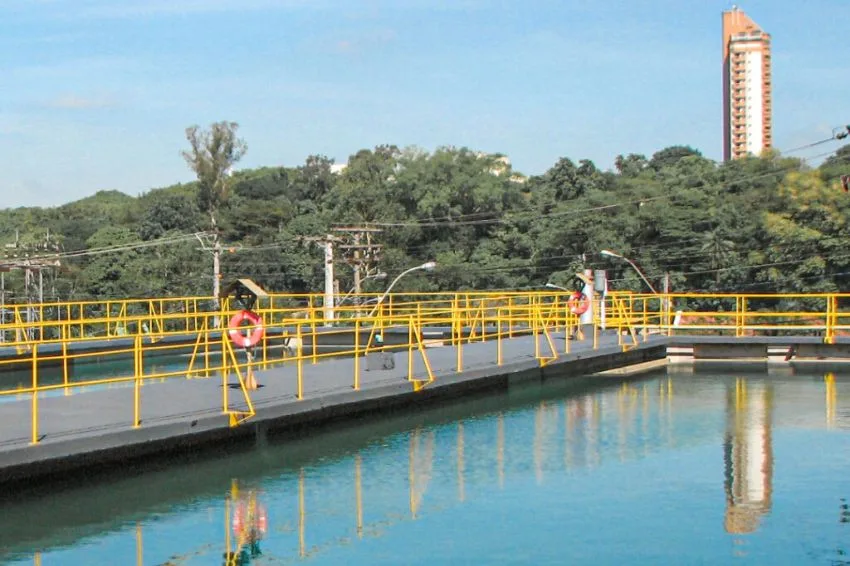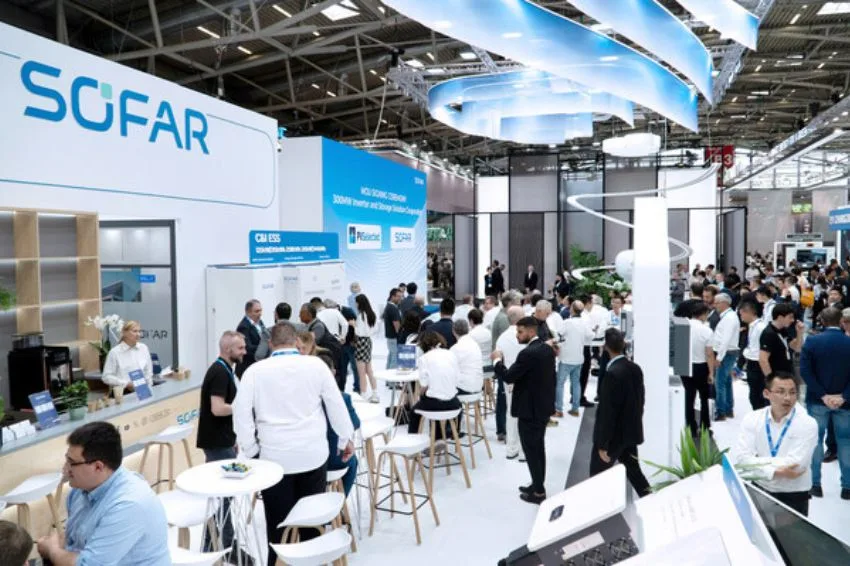In partnership with Enersol Brazil It is Fronius, The BYD donated one photovoltaic kit for the Collaborate Institute (Municipal Innovation Center Institute) in the city of Salvador (BA). The generator consists of 12 325 W solar panels and a 3 kW inverter. The installation was carried out by Enersol Brasil.
“Solar energy is democratic. The system donated and installed jointly with partner Enersol validates what BYD proposes. Supporting actions to make society more inclusive, like the Santa Cruz and Itaigara communities, where Colabore is located, is also part of our dreams”, he highlighted Marcelo Taborda, Director of Sales at BYD.
“The importance of projects in this format in public places allows citizens to have closer contact with the technology that supplies the energy consumption of part of the containers, in addition to avoiding the emission of approximately 1 ton of carbon dioxide per year”, he highlighted. Tássio Barboza, technical director of Enersol Brasil.
Collaborate Institute
Since its inauguration in 2019, Instituto Colabore has received more than 2 thousand visitors, a thousand appointments to use the coworking and 300 events. Between lectures, workshops, visits to schools and educational institutions, seminars and hackathon. The institution also has institutions such as Sebrae Bahia and the participation of the NGO Parque Social.
For Ivan Paiva, Undersecretary of Sustainability and Resilience, the Colabore Institute has significant relevance and is a transformative agent in the community. “We have more than 150 supported businesses and 1.5 million in resources raised through the programs offered. It means that, in addition to encouraging citizens, we offer conditions so that they can transform their idea into a business with the support of training and specialized consultancy”, he stated.
The space has more than 16 reused containers and seeks to meet the objectives of the SDG (Sustainable Development Goals) and the UN (United Nations). With a structure of 700 m², the site has rainwater collection, sewage treatment, vegetation cover, permeable pavement, use of cross ventilation and a refrigeration management system.
To find out more about the institute, visit its page on Facebook.



